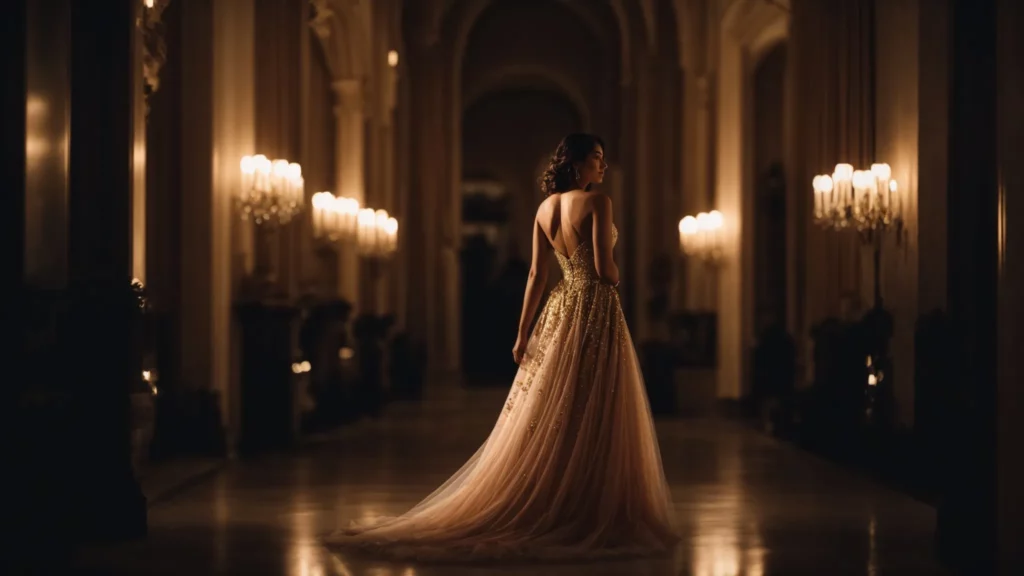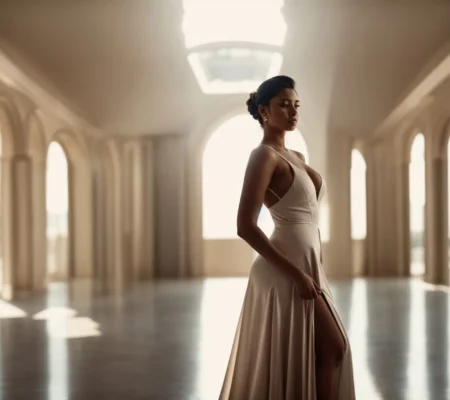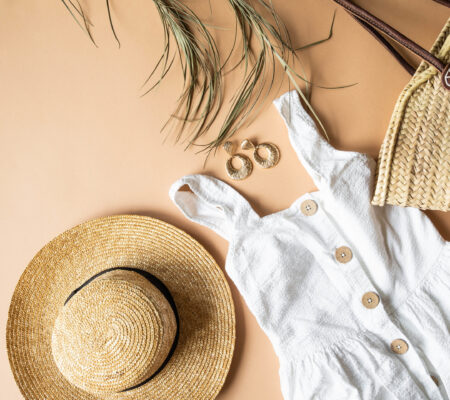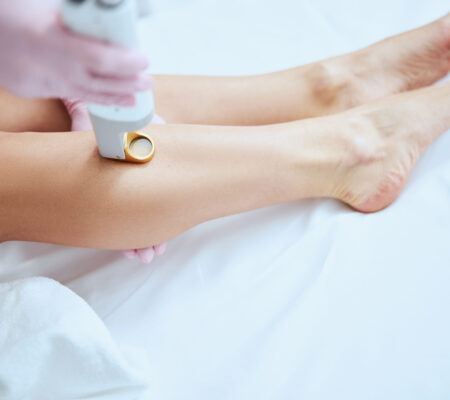Dressing Up: How to Style Evening Dresses for Formal Events
When a special occasion calls for black-tie attire, the search begins for the perfect evening dress that will enchant and inspire. Selecting the ideal gown for formal events is about more than just fashion; it’s about creating a moment, a memorable blend of elegance and personal style. From galas to award ceremonies and everything in between, your choice of dress can make a significant difference in your confidence and presentation. Below, we unravel the secrets to styling evening dresses that will ensure you capture the spotlight at your next formal affair.
Choosing the Right Footwear to Complement Your Formal Dress
When it comes to evening wear, the right footwear is a critical component that should harmonize with the dress. High heels are the traditional go-to, as they lengthen the leg line and lend an air of formality. Consider heel height carefully; comfort is key, so select a heel height you can manage throughout the night’s festivities.
The style of shoe should enhance the dress, not detract from it. For instance, strappy sandals can suit a summer event, while closed-toe pumps might be more appropriate during the fall or winter. The fabric and finish of your shoes are worth considering, with satin or patent leather being classic choices for evening footwear.
Your shoes also offer a chance to inject personality into your outfit. A pop of color or a hint of sparkle can create an eye-catching contrast, especially if your dress is a neutral shade. However, if your gown features extensive detail or embellishments, it might be wise to choose more understated footwear to avoid a clash.
Hairstyle and Makeup Tips to Complete Your Evening Look
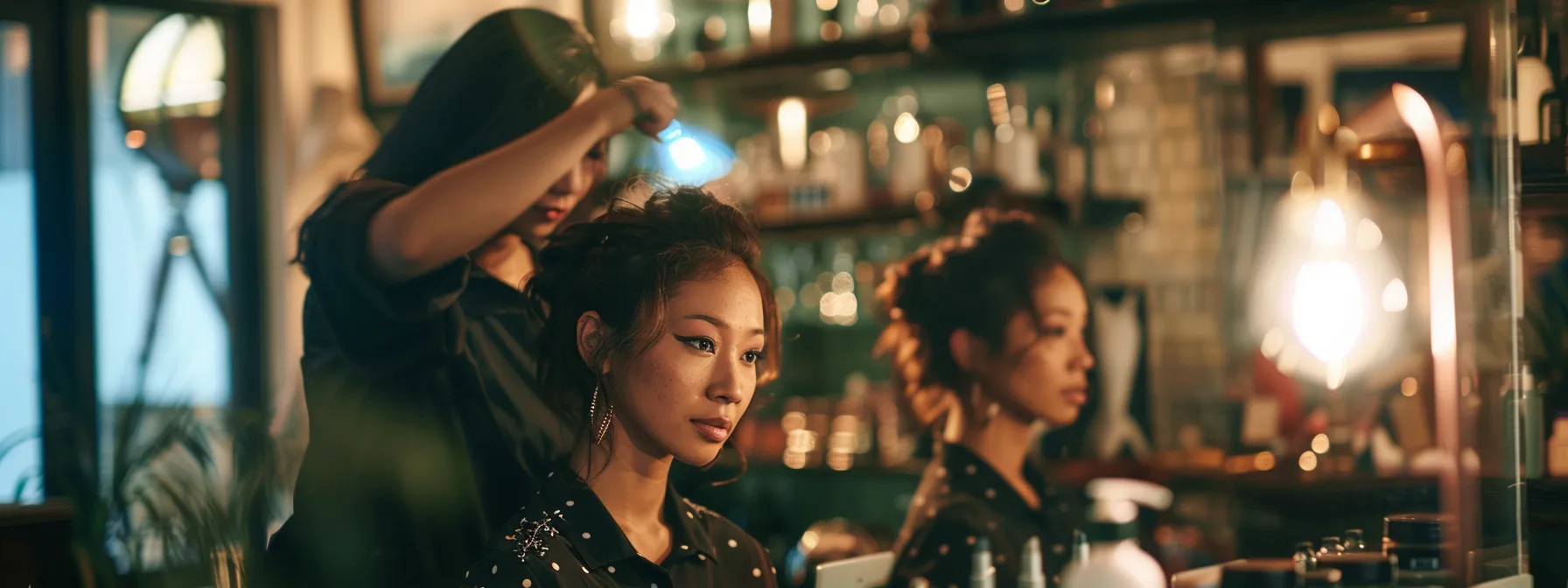
Your hair and makeup are the crowning elements of your evening attire, capable of transforming your entire look. For a formal event, a sleek updo exudes sophistication and allows your dress to take center stage, while soft, flowing waves can suggest romance and approachability. Take the neckline of your dress into account when deciding on a hairstyle to ensure there’s a complementary balance.
Evening makeup typically calls for a little more drama than your daytime look. However, this doesn’t mean piling on every product. Choose one feature to highlight, such as a smoky eye or a bold lip, and keep the rest of your makeup understated. This approach helps you achieve a glamorous yet sophisticated appearance.
The Art of Selecting the Perfect Evening Dress for Any Formal Event
Choosing the right evening dress starts with considering the event’s formality level. Galas and opera nights often require floor-length gowns, while cocktail parties may allow for shorter, yet still sophisticated options. Understanding the event’s theme can guide you towards a silhouette that not only flatters your figure but also aligns with the occasion’s expectations.
The fabric of your gown is another pivotal decision in your dress selection. Luxurious materials such as silk, satin, and velvet elevate your look, delivering a message of grace and refinement. Opt for these fabrics to ensure a timeless appeal that resonates with the grandeur of the event. Subtle details, like beading or lace, can enhance the dress without overpowering your natural beauty.
While online shopping offers convenience and a vast selection, nothing compares to the tactile experience of trying on dresses in person. If you are looking for a striking robe de soirée, consider visiting boutiques that specialize in formal wear to ensure you find a fit that’s not only visually appealing but also comfortable throughout the event.
Dress Code Etiquette: Navigating the Dos and Don’ts of Formal Attire
Understanding dress code etiquette is essential when preparing for formal events. Before you select your attire, be sure to confirm the expected dress code. Terms such as “black tie” and “white tie” have specific connotations and should guide your choice of dress accordingly. Straying too far from these expectations can result in either overdressing or underdressing, both of which could make you feel out of place.
While personal style is important, respecting the event’s dress code demonstrates good manners and consideration for the host and occasion. Even within the boundaries of formality, there are many ways to express individual style while maintaining an appropriate level of sophistication. For example, a creatively tied bow tie or a unique lapel pin can add a personal touch to a classic tuxedo look.
Overall, styling for formal events is an art that includes finding the perfect evening dress, accessorizing with elegance, choosing the right shoes, and perfecting your hair and makeup look. By respecting the dress code yet allowing for a personal touch, you will carry yourself with poise and confidence, making a lasting impression at any formal gathering.


